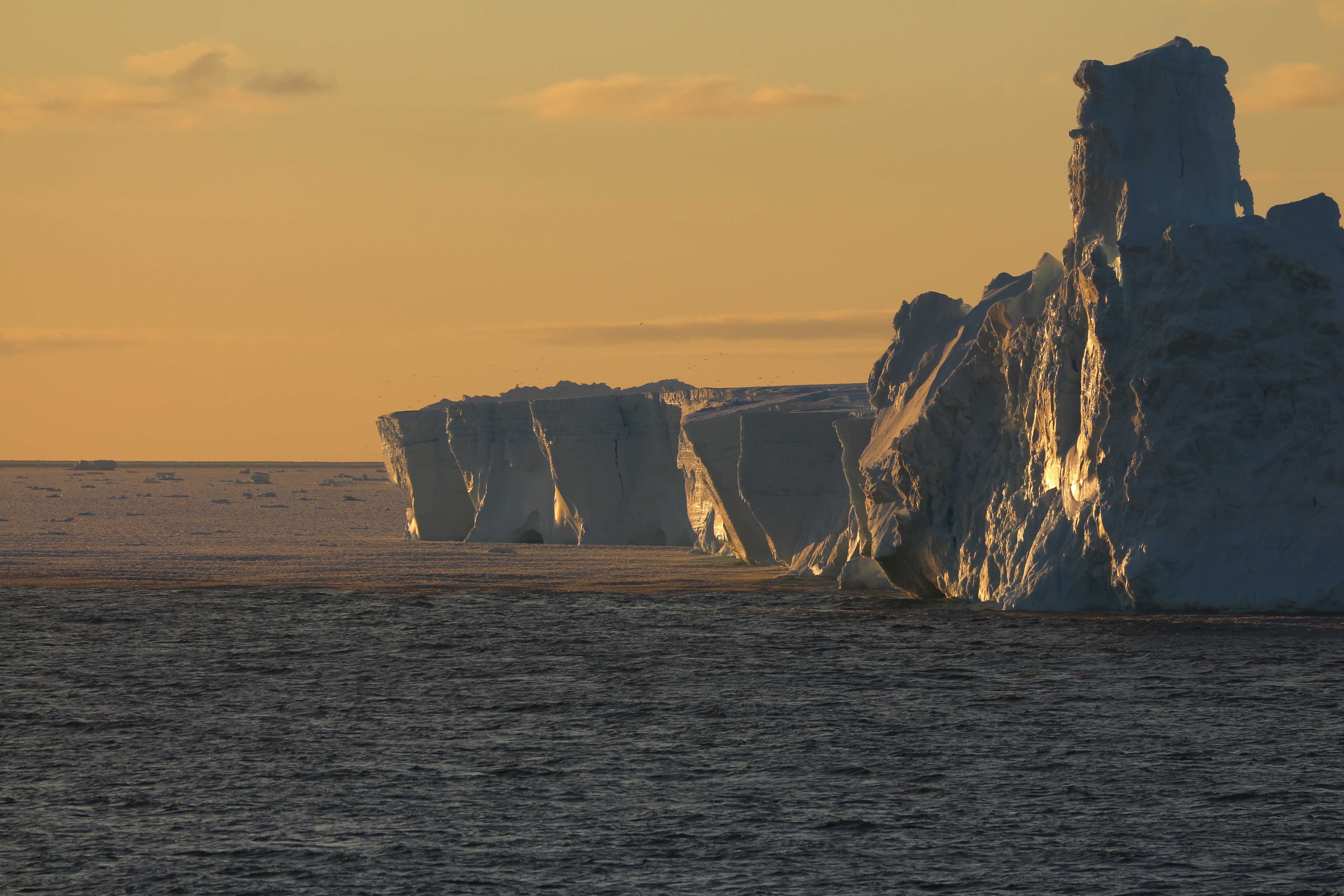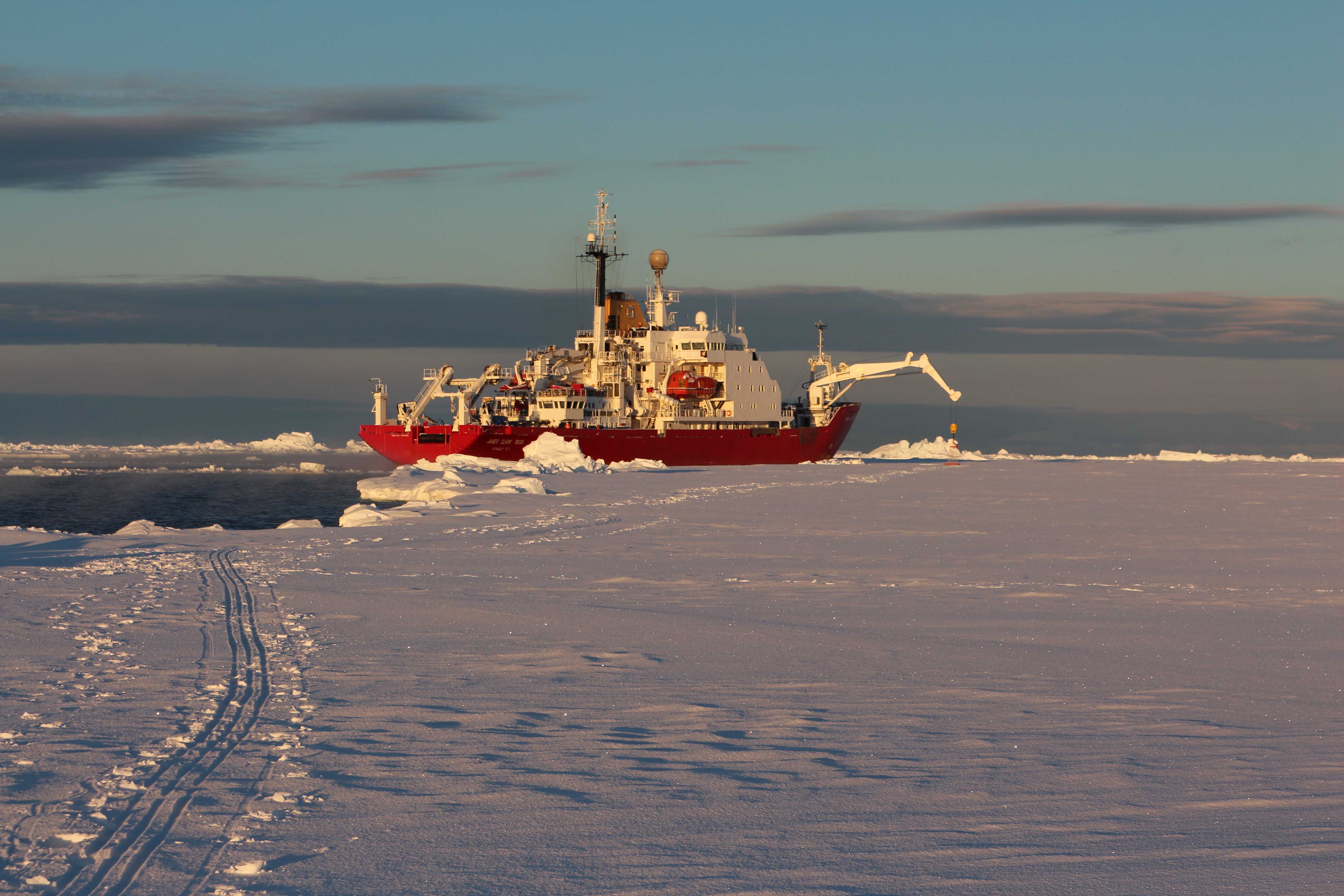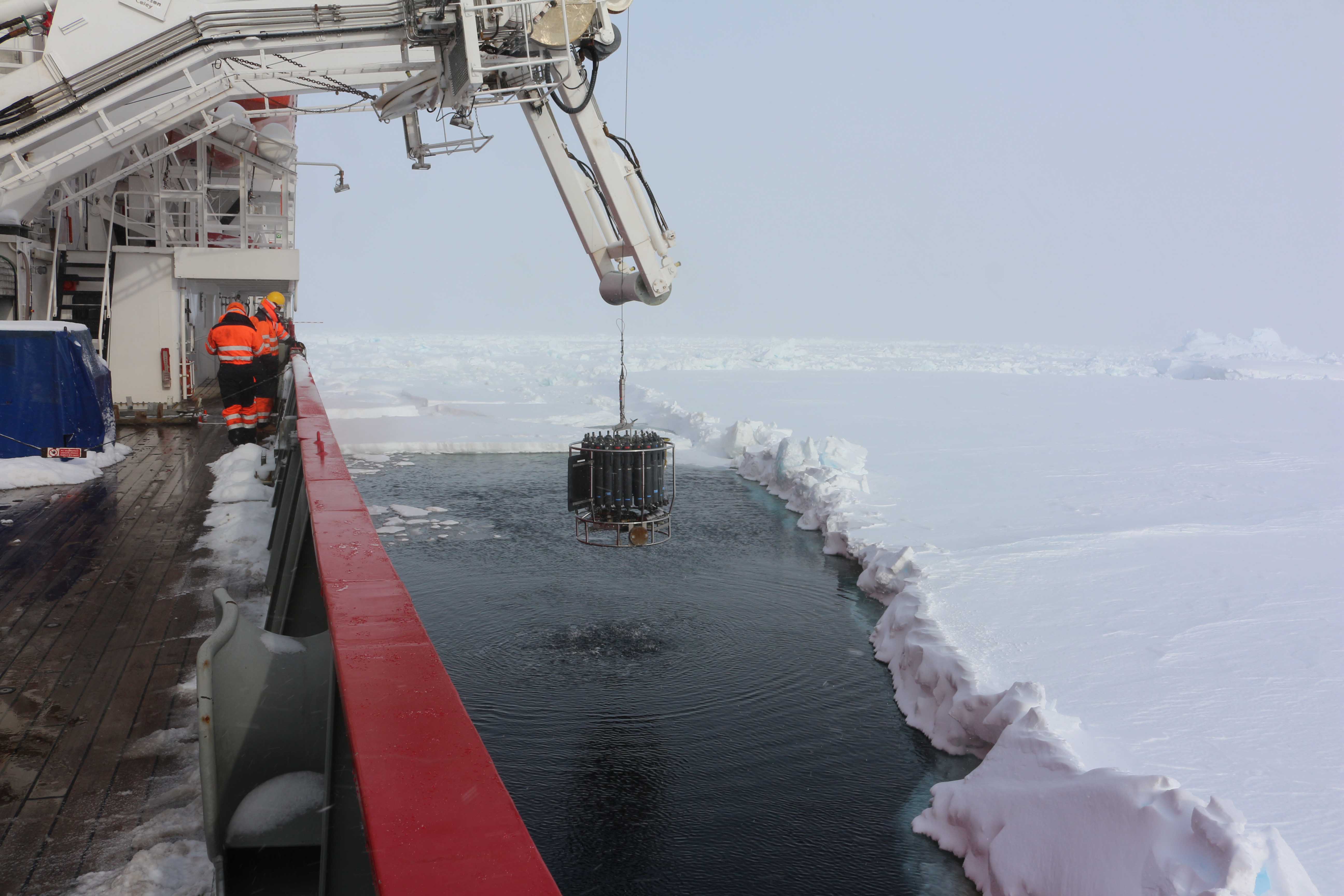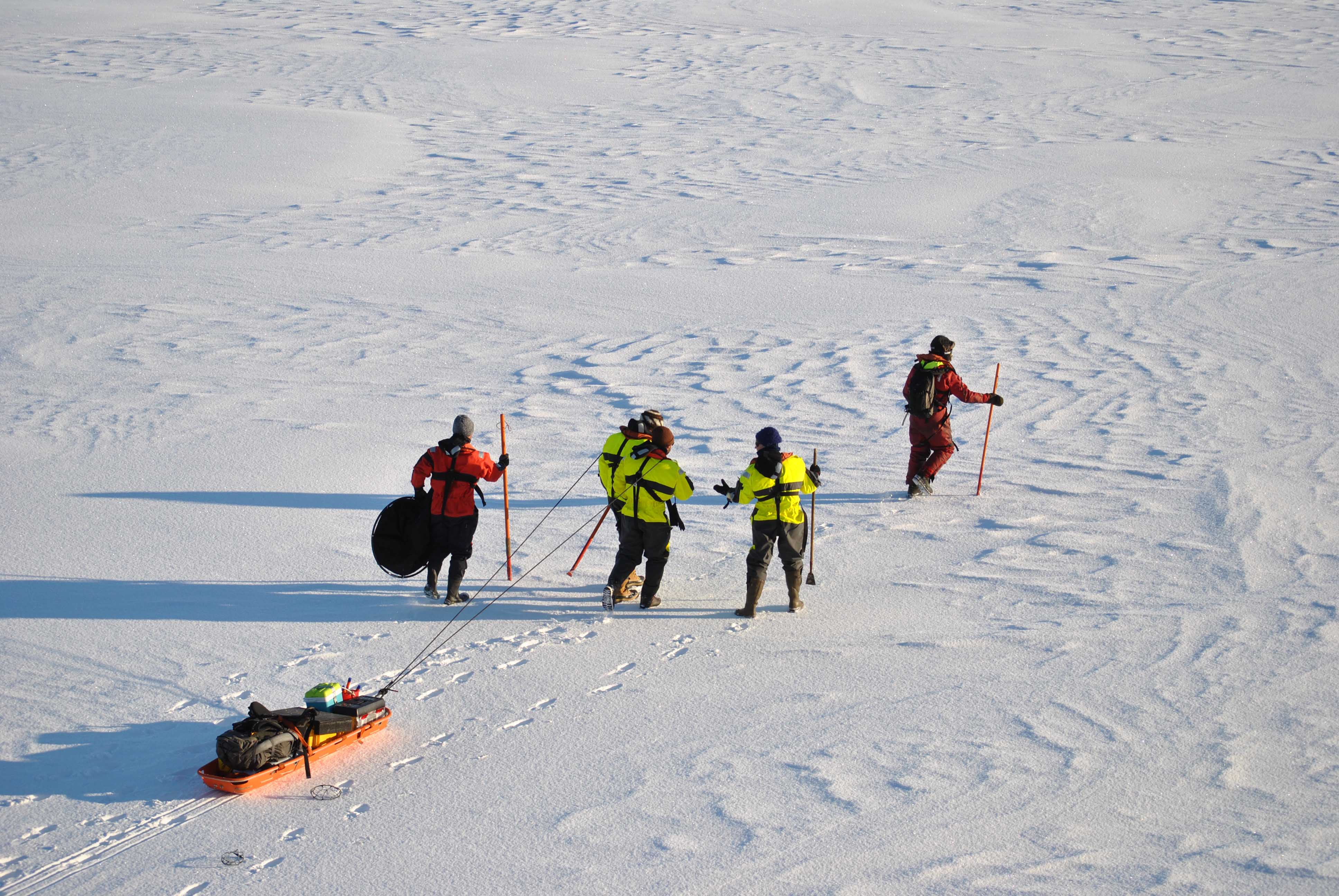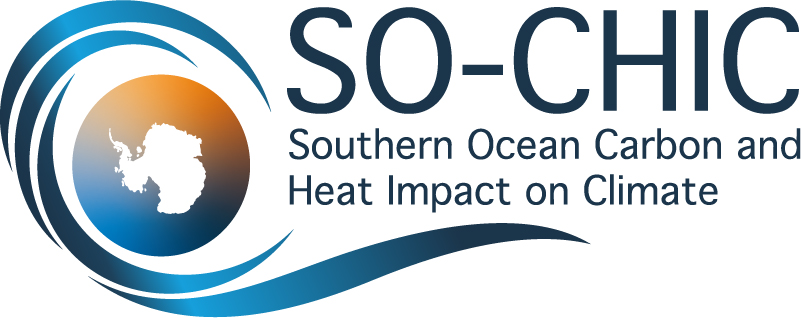Climate change is accelerating
To understand how ocean is changing, scientists exploited datasets collected over the past 25 years by the Astrolab ice-breaker. “We demonstrated that heat variations are higher compared to heat’s natural variability, in particular in the deep ocean” emphasizes Jean-Baptiste Sallée, scientific coordinator of SO-CHIC.
By analyzing physical datasets of the global oceans, SO-CHIC’s members have reasonable grounds for believing that climate changing will strongly influence carbon and heat absorption by the ocean. “We clearly see that the ocean is uncoupling between surface and depths. This is due to temperature and density of the ocean surface changing faster than in deep ocean.” The project team has demonstrated in a recent paper in Nature in 2021, this phenomenon is happening seven times faster than in current climate models.
Dec 2021: first SO-CHIC observational field campaign
To understand these processes, scientists will deploy autonomous instruments, fully adapted to extreme environmental conditions and guided remotely. These instruments will stay one year under the ice sheet to collect data.
This first field campaign has been prepared since the beginning of the project, combining complementary expertise and in particular modeling. A high-resolution model was created to represent small-scale processes in the area, not represented by actual climate models. Thanks to this model, virtual experiences was performed to determine what samples must be collected, where and with what instruments.
Other field campaigns led by international partners, are directly contributing to the collection of new data, exploited in the project.
Outputs from the SO-CHIC project will directly be feeding IPCC reports to which Jean-Baptiste Sallée is contributing as an expert. “Our work has been quoted in the sixth evaluation report published in 2021.” mentions the scientist.

